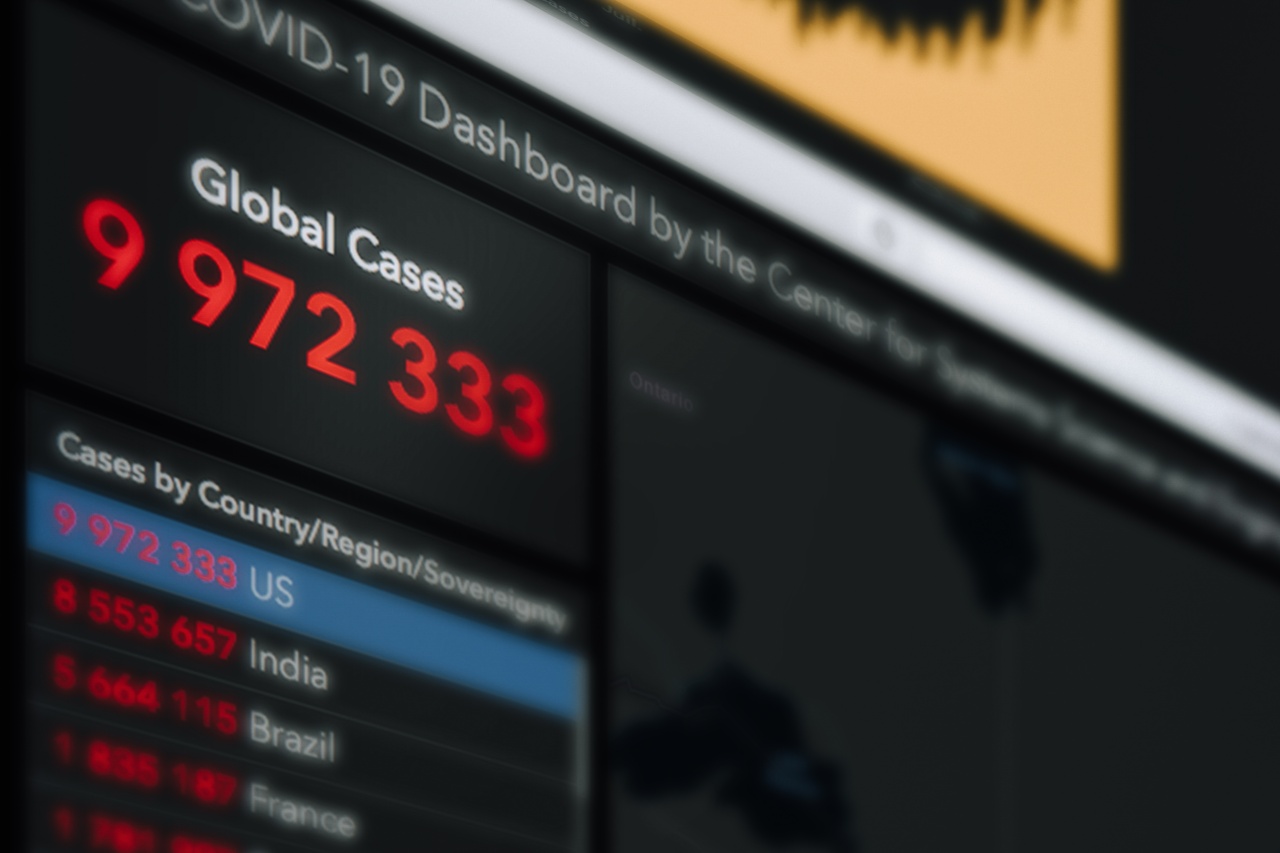The United States is currently experiencing one of the biggest measles outbreaks in decades.
The Centers for Disease Control and Prevention (CDC) have reported that there have been 2,965 confirmed cases of measles in the US this year, which is the second-highest number of cases since the disease was eliminated in 2000.
What is measles?
Measles is a highly infectious viral illness that can cause serious health complications, including seizures, brain damage, and even death. Symptoms of measles typically include a high fever, cough, runny nose, and a rash that spreads over the body.
The virus is spread through the air by coughing and sneezing, as well as contact with contaminated surfaces.
Why is there an outbreak?
The outbreak is largely due to low vaccination rates in some communities. The CDC recommends that everyone receive two doses of the measles, mumps, and rubella (MMR) vaccine, which provides strong protection against the disease.
However, some people choose not to vaccinate themselves or their children due to concerns about vaccine safety, which has led to pockets of low vaccination rates in some areas.
Which states are affected?
The outbreak is currently affecting several states, including California, New York, and Washington. The majority of cases are concentrated in areas with low vaccination rates, particularly among unvaccinated children.
What is being done to stop the outbreak?
Public health officials are working to contain the outbreak and urge people to get vaccinated.
Some states have implemented mandatory vaccination laws for school-age children, while others have launched public education campaigns to raise awareness about the importance of vaccination. The CDC also recommends that people who are traveling internationally or who have been in contact with someone who has measles and are not vaccinated should receive the MMR vaccine.
Are there any risks to the vaccine?
The MMR vaccine is safe and effective for the vast majority of people. However, some people may experience mild side effects, such as fever or a rash, after receiving the vaccine.
Serious side effects are rare, but can include an allergic reaction or a nerve disorder.
What can individuals do to protect themselves?
The best way to protect yourself and your community from measles is to get vaccinated. The MMR vaccine is safe and provides strong protection against the disease.
If you’re unsure whether you’ve been vaccinated or need a booster shot, you can talk to your healthcare provider. If you do get sick with measles, it’s important to stay home and avoid contact with others to prevent the spread of the disease.
Conclusion
The measles outbreak is a serious public health concern that highlights the importance of vaccination. While the disease was once a common childhood illness, it can now be prevented through vaccination.
Public health officials urge everyone to get vaccinated to protect themselves, their families, and their communities from this potentially deadly disease.































